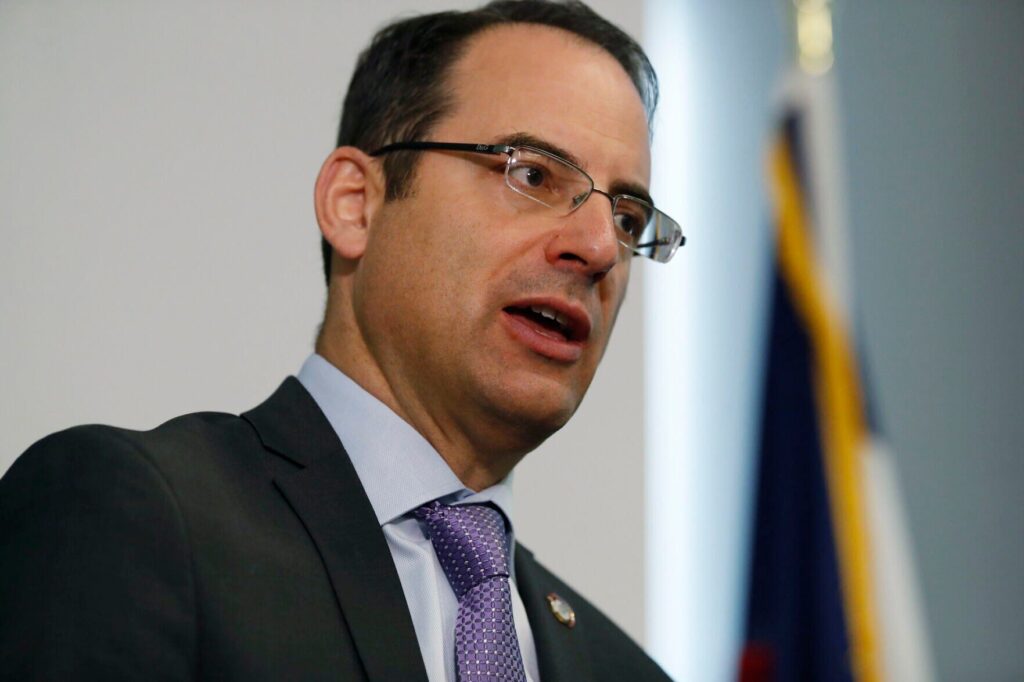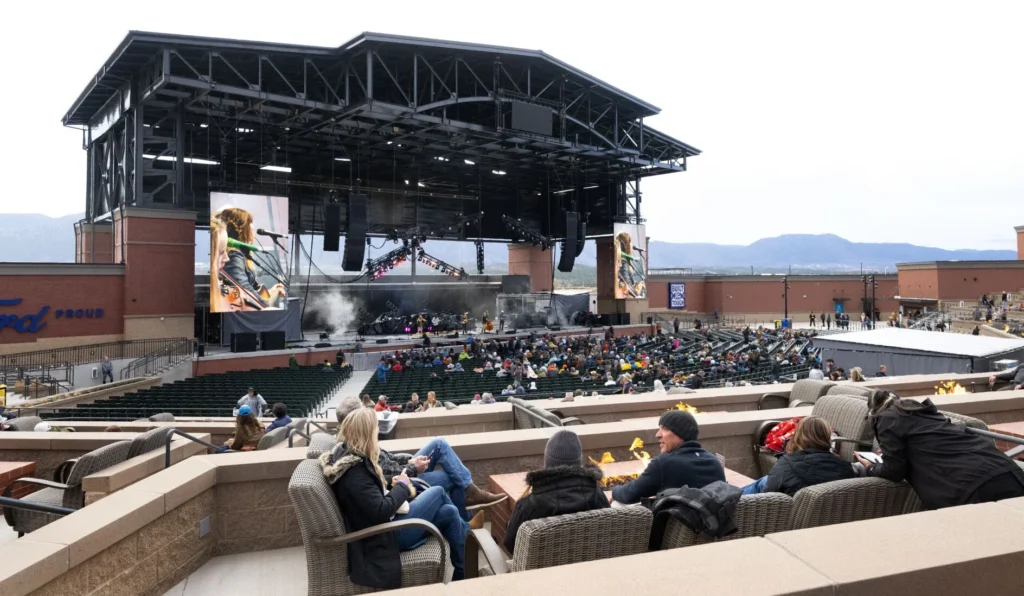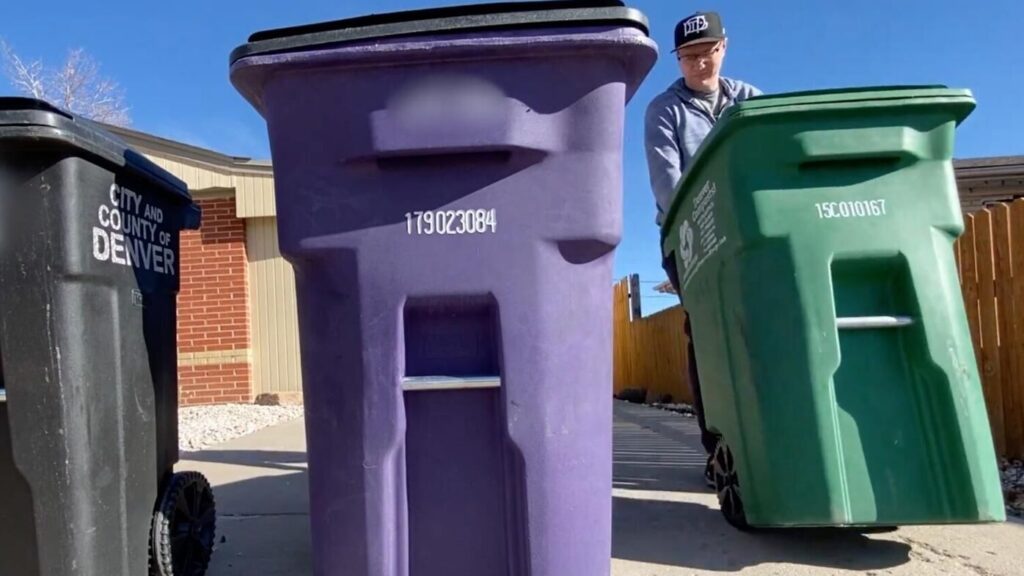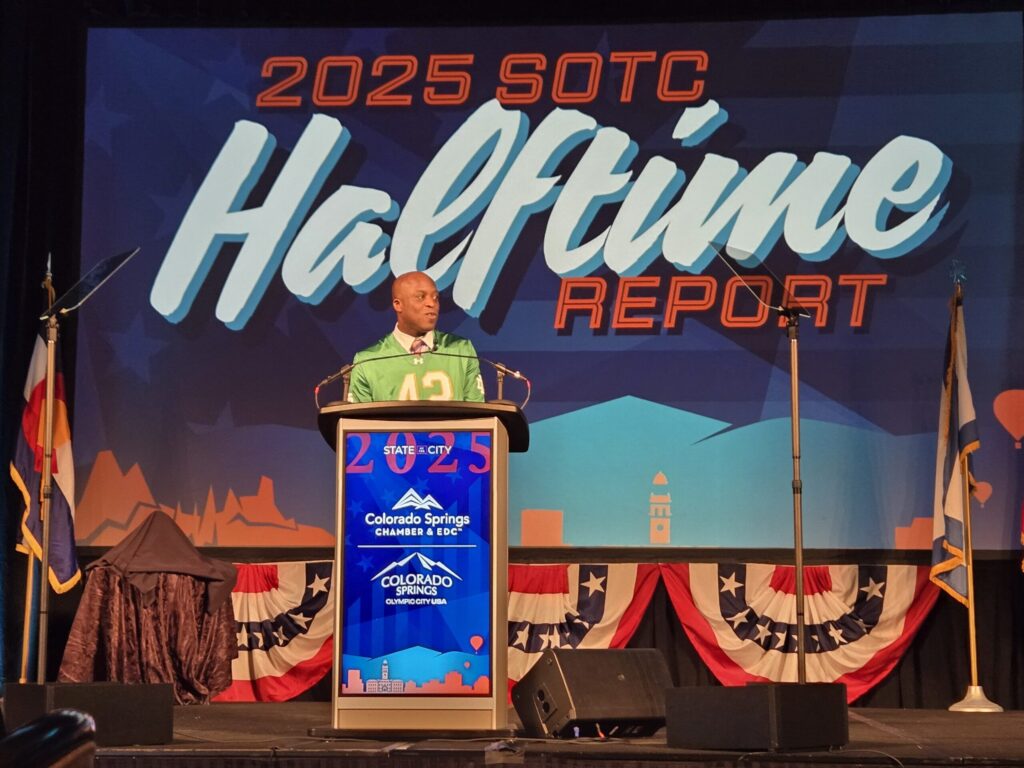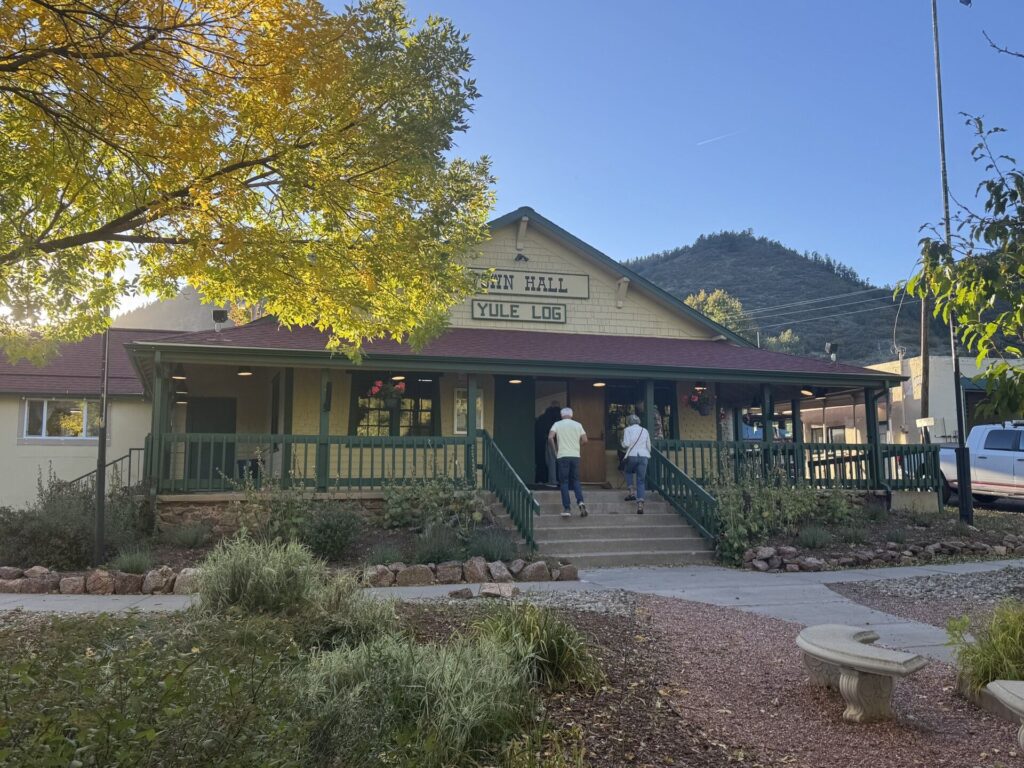Questions linger a week ahead from Douglas County ‘home rule’ vote
Less than a week away from a special election, questions remain among Douglas County voters on whether its county home rule charter would speak for the residents, not just for commissioners or staff.
On Tuesday night, Douglas County officials offered constituents 90 minutes to ask questions in an online Q&A on becoming Colorado’s third home rule county. Over a dozen people asked questions to a panel of five officials.
Present online were Commissioners Abe Laydon and George Teal, County Attorney Jeff Garcia, Treasurer David Gill and Assessor Toby Damisch. Commissioner Kevin Van Winkle didn’t attend the remote session due to pre-planned arrangements with family, according to a spokesperson.
Next Tuesday, Douglas County voters face two questions: first, if they support building a home rule charter and, if so, who would be on its 21-member committee. If approved, the committee would write a county charter for residents to vote on again during the November election.
It all began March 25, when the Board of County Commissioners announced and approved spending $500,000 on the off-year special election on June 24. The election, commissioners said, decides if Douglas County is about more “local control,” hoping home rule status supersedes some Colorado state laws.
“This is all about local control,” Douglas County Chair Laydon said, although noting Tuesday that “home rule does not make Douglas County an absolute authority over state law… it’ll preserve Douglas County the way it is.”
“Is this a ‘power grab?’”
In the middle of the Q&A, one resident called the county’s home rule effort a “power grab,” telling officials the move is an act of “devaluing voices.”
“I feel like I am losing my voice as a voter,” the resident said.
One common concern displayed by home rule opponents is that existing home rule county charters were established through citizen-led efforts. Instead, the opposition argues, Douglas County commissioners are the ones pushing it for more power.
“It’s more to restrain the board of county commissioners,” Teal responded to the resident. “If it’s a power grab, it’s a power grab for the people.”
Weld and Pitkin counties voted to become home rule counties in the late 1970s on citizen-led campaigns.
“Douglas County is in a pivotal moment,” Laydon said, “to the extent residents want to make Douglas County great. That Douglas County values remain Douglas County.”
County officials said all committee positions are volunteer and not paid.
“What topics would be included in the Douglas County charter?”
Throughout Tuesday’s Q&A, commissioners and staff threw around several ideas of what a home rule charter can impact.
Some of those ideas included addressing property taxes, maintaining open space and property rights, taxpayer bill of rights, homelessness, immigration, county staffing, public safety resources, bag taxes and even mask mandates.
However, county officials insisted that no charter language has been set, adding that the candidates up for nomination offer different opinions and values to what a charter would stipulate.
“Why did commissioners push the home rule election fast?”
County officials insist the process followed a home rule process timelines that adheres to Colorado law.
“We are doing this as fast as the law provides,” Teal said. “We are going no faster than the law allows us to.”
In fact, the county is in an ongoing lawsuit claiming it violated open meeting laws while approving the special election. Plaintiffs Lora Thomas, Rep. Bob Marshall and Julie Gooden requested the courts to forfeit the special election.
In May, a Douglas County judge ruled that the special election should continue amid the ongoing lawsuit. The plaintiff’s appeal to that decision was denied Tuesday.
“We are doing this as efficiently and cost effectively as possible,” Garcia, the county attorney, said Tuesday.
County officials said there have been over 32 meetings over home rule.
The marquee town hall took place May 28, when county commissioners heard from seven residents out of nearly 9,000 people who attended online and in-person.
“What can the county do to let law enforcement work with federal officials on immigration?”
Douglas County has long intended to work with U.S. Immigration and Customs Enforcement on immigration, an issue they said Denver’s “sanctuary policies” have negatively impacted surrounding counties when it comes to crime and impacting other legal immigrants.
Currently, under Colorado law, local officials can’t share information with federal immigration officials.
“Illegal immigration impacts legal immigrants the most,” Laydon said. “We’re a county that supports the American dream of people going through the proper process.”
The county previously filed a lawsuit targeting a 2023 law that restricts the ability of state and local governments from making agreements with federal immigration officials over the detention of immigrants who are unlawfully staying in the country, as well as a 2019 statute that blocks local law enforcers from arresting or detaining an immigrant solely on the basis of a federal immigration detainer.
“A significant portion of the state’s anti-ICE regulation relates to county contracts,” Laydon said. “Home rule could actually give county’s an enhanced right to contract.”
“The county could codify policies in the charter of supporting and sharing information with ICE that would not be regulated by current state laws,” the commissioner said.
“How is the home rule committee independent from the Board of County Commissioners if commissioners serve on the home rule committee?”
There are 49 candidates nominated to be on the 21-member committee. Candidates are split into the three commissioner districts and an at-large district, which all three Douglas County commissioners are nominated in.
Some names include former commissioners, city councilmembers, department board members and law enforcement officials. Some committee nominees even include home rule opposers.
“If all three county commissioners were elected, that’s three out of 21,” Laydon said. “That’s nowhere near a majority.”
“County commissioners may know a thing or two about the county,” Laydon added. “There may be some value in having folks on that board that know a thing or two about county government.”
Colorado Politics Must-Reads:





